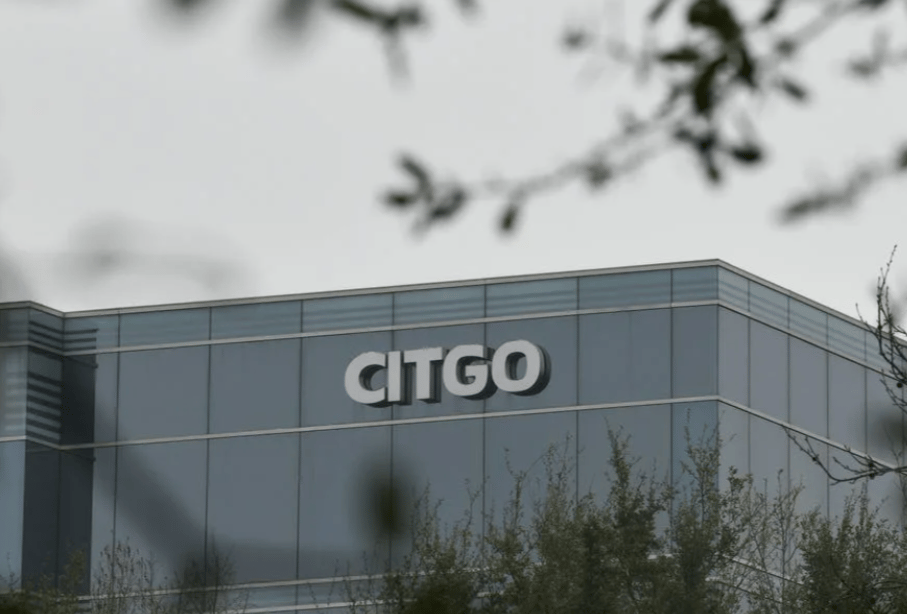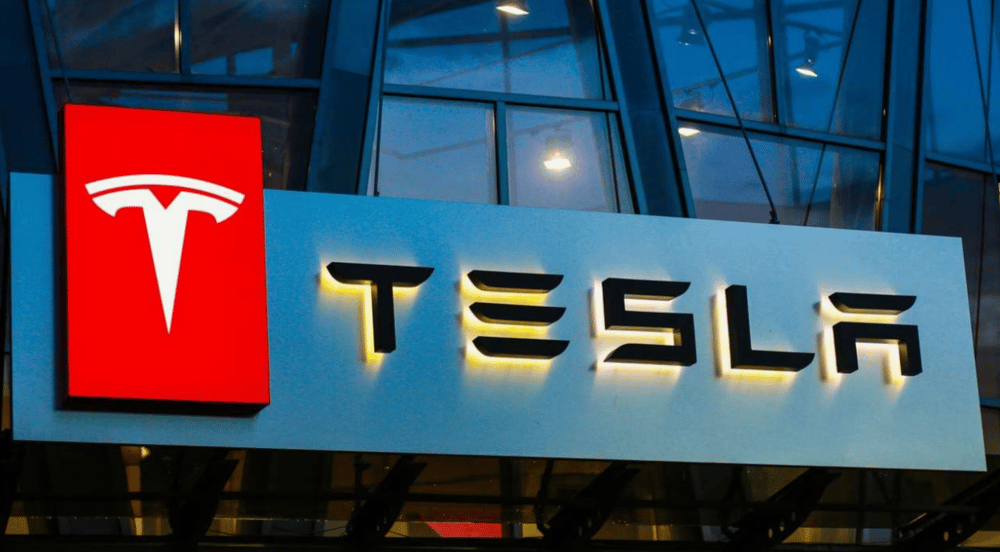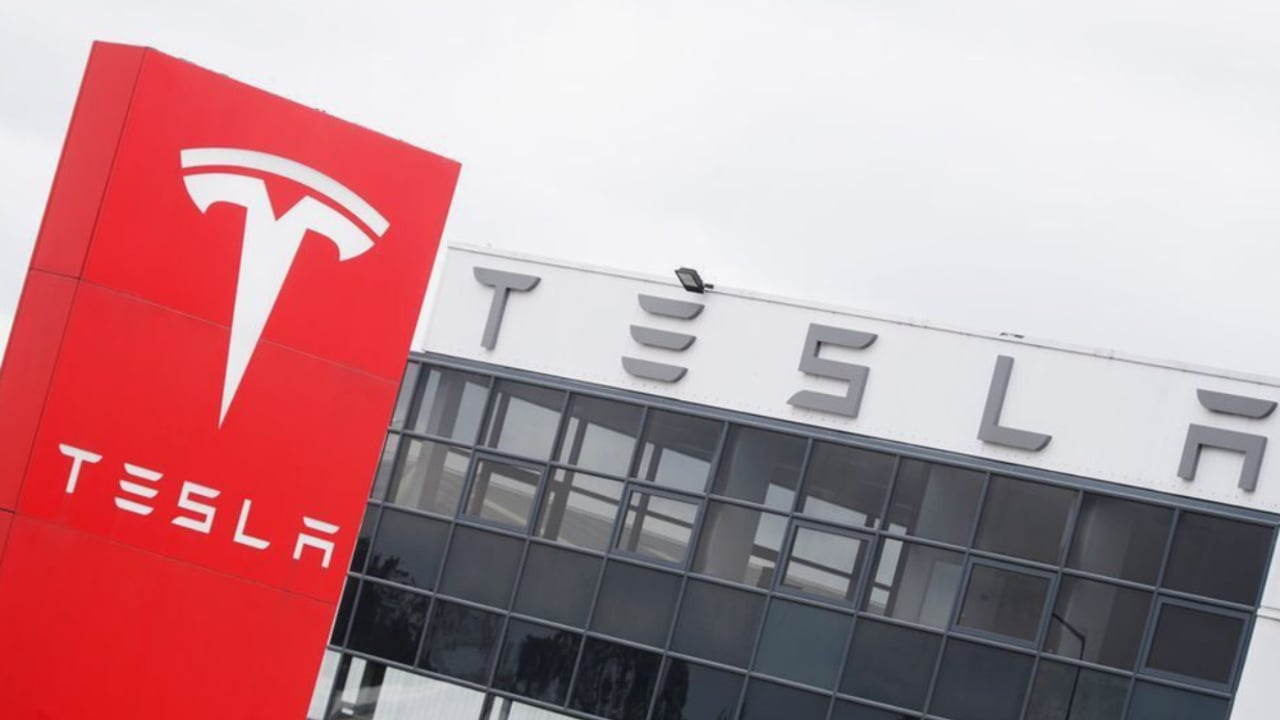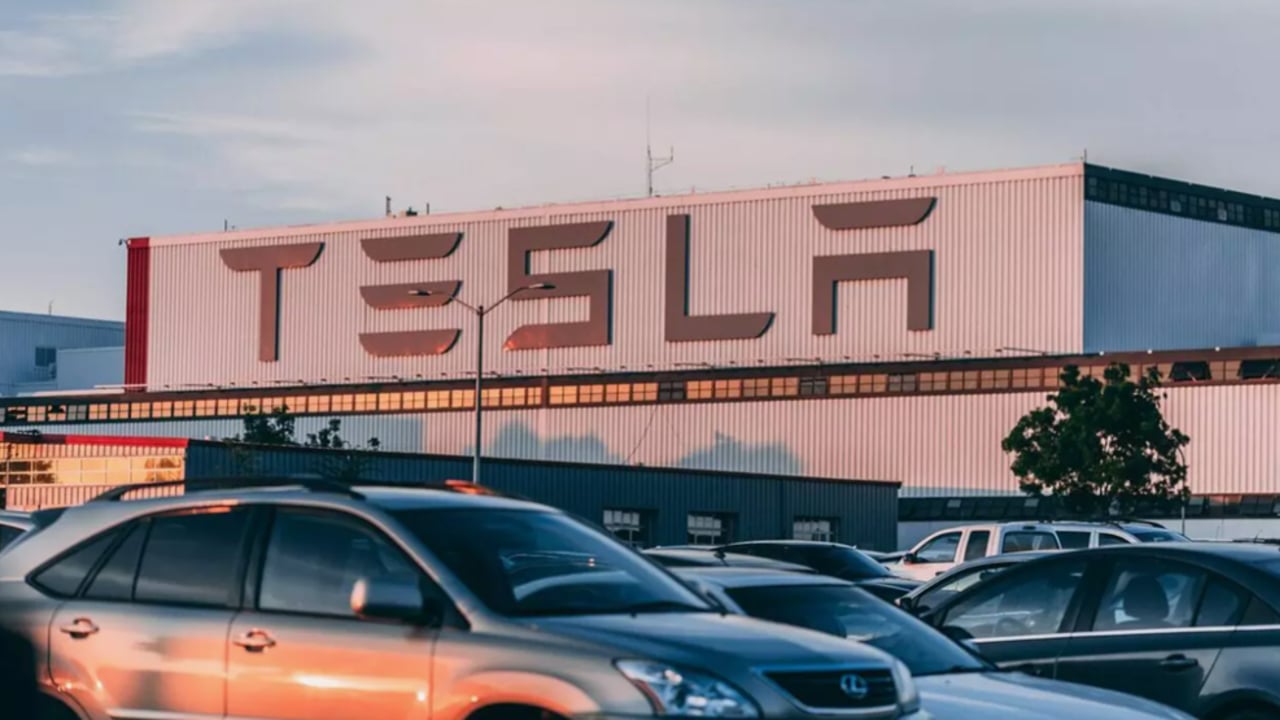In the first quarter of 2025, Tesla experienced a significant drop in sales in the Netherlands, capturing the attention of financial analysts and industry experts alike. During the period from January to March, a total of 3,443 new Tesla vehicles were registered, a figure that is almost half of the 6,842 vehicles sold during the same period in 2024. This steep decline raises questions about evolving consumer demand, the impact of macroeconomic factors, and shifts in market behavior across Europe.
A New Chapter in Tesla’s Story or a Temporary Setback
While the current decline in sales poses a significant challenge, it might simply be a transient phase in Tesla’s broader transformational journey. The electric vehicle market in Europe remains promising despite periodic fluctuations. Tesla is widely recognized for its commitment to technological advancements and premium quality, characteristics that continue to provide the company with considerable competitive advantages. Based on long-term projections, experts suggest that the present situation should be viewed as an opportunity for reassessment rather than an indication of a fundamental shift in Tesla’s trajectory.
- A growing emphasis on sustainability and environmental responsibility
- The allure of cutting-edge technological innovations
- Expansion of product lines and enhanced aftersales services
- The infusion of new financial partnerships and strategic collaborations
- Diversification of sales channels coupled with optimized logistics
This bullet list captures a series of global trends influencing the automotive industry, where sustainability, innovation, and quality play a crucial role in defining success.
Global Trends and Local Challenges
A closer examination of Tesla’s sales performance in the Netherlands highlights several broader aspects that have a significant impact on the automotive market:
• The overarching influence of macroeconomic conditions, including the effect of interest rates and inflation
• The repercussions of international sanctions, trade restrictions, and geopolitical uncertainties on logistics and component pricing
• A rising public awareness regarding the necessity of transitioning to eco-friendly transportation alternatives
• An increased demand for vehicles that not only offer advanced functionality but also contribute to reduced carbon emissions
These evolving trends are setting the stage for new opportunities and challenges for all market players, including leading pioneers like Tesla. However, the current sales figures in the Netherlands serve as a timely reminder that even well-established brands can encounter periods of volatility when faced with changing economic and political landscapes.
Future Outlook and Strategic Considerations
The current downturn necessitates a critical reassessment of existing strategies. Industry experts emphasize that Tesla’s ability to stabilize and regain market momentum will depend on several strategic responses:
- Enhancing loyalty programs and expanding the service network
- Revisiting pricing strategies in response to shifts in consumer spending
- Boosting marketing and public relations initiatives to reinforce brand recognition
- Strengthening collaborations with local suppliers and partners to reduce costs
- Investing in innovative technologies that can swiftly address emerging market requirements
Implementing these measures may not only help stabilize the current situation but also provide a solid foundation for long-term market leadership. At the same time, analysts caution that sales dynamics may continue to fluctuate in accordance with changes in the external economic environment, underscoring the need for continuous monitoring and flexible management approaches.
In summary, the significant drop in Tesla’s sales in the Netherlands during the first quarter of 2025 is a crucial indicator of shifting market realities within the electric vehicle sector. This development calls for a thorough analysis and a strategic recalibration to navigate short-term challenges while laying the groundwork for future success.








A decision like this could mark the beginning of a revolution in tech automation processes